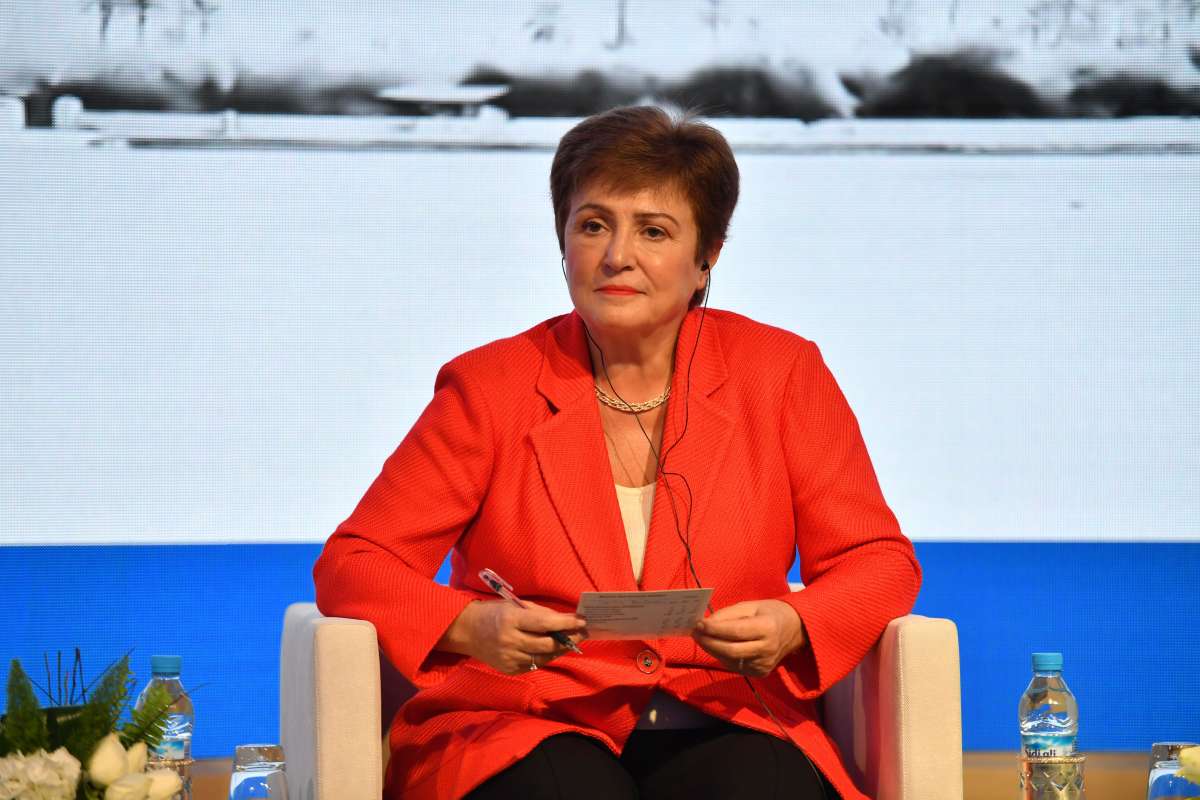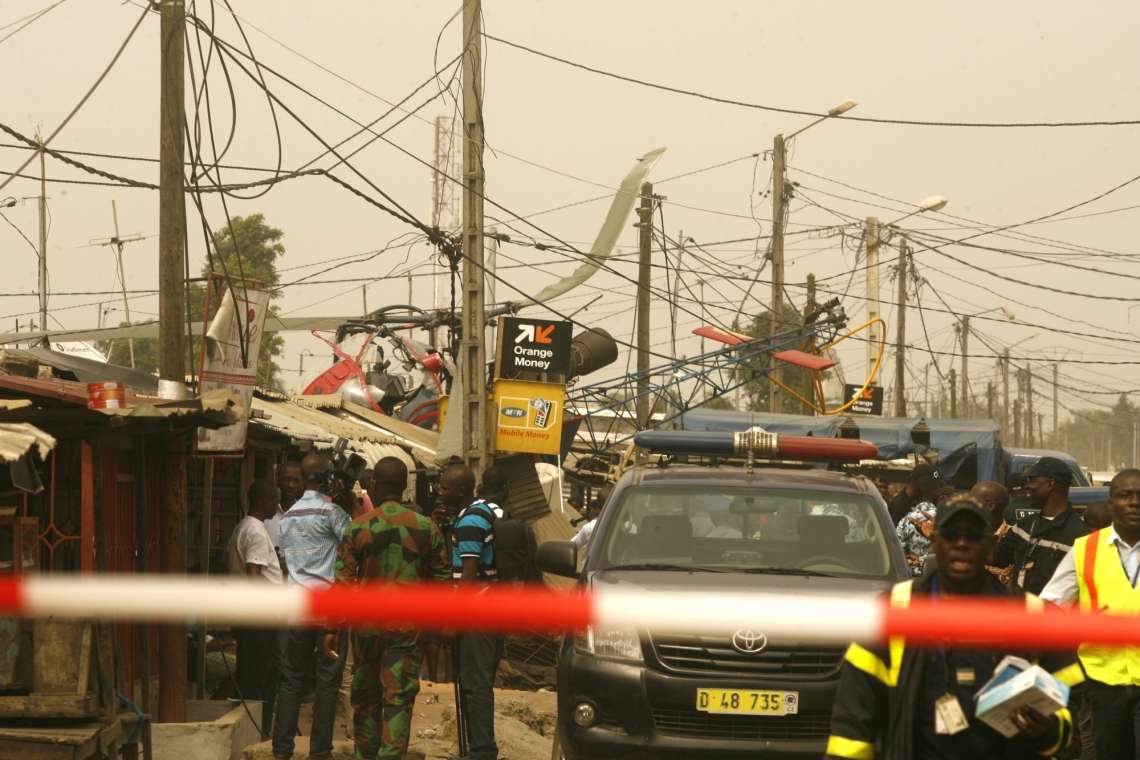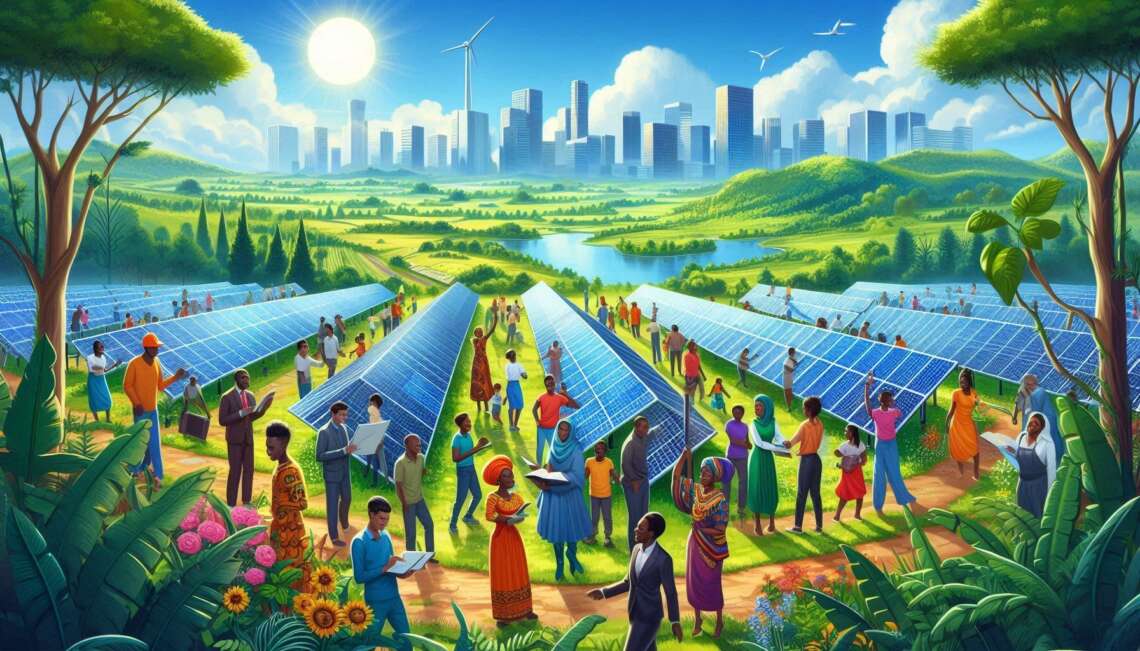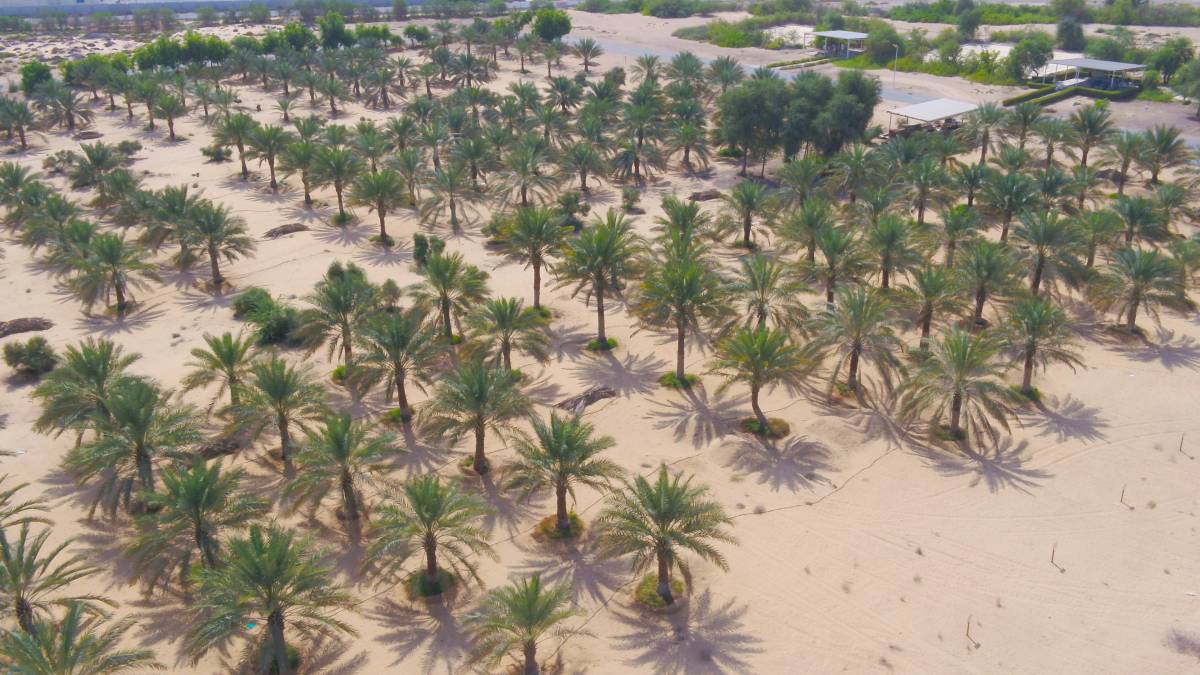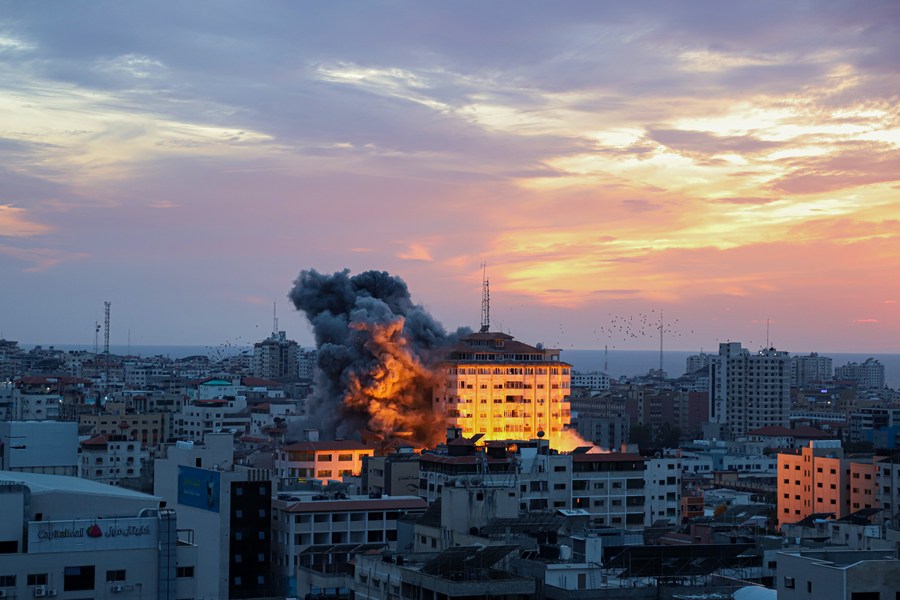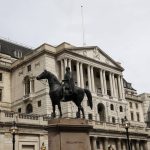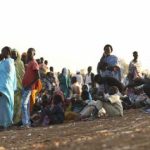Speaking on the global economic outlook, the IMF boss said the economy was resilient, but challenged by weak growth and deepening divergence…reports Asian Lite News
A prosperous world economy in the 21st century requires a prosperous Africa though advanced economies are rapidly ageing, but they have abundant capital, according to the IMF.
‘’The key will be to better connect that capital to Africa’s abundant human resources—to inject more dynamism into the current anemic global growth outlook. Africa also makes the strongest case for building economic resilience,” said IMF Managing Director Kristalina Georgieva in its 2023 Annual Meetings Curtain Raiser Speech.
‘’The COVID-19 pandemic, the crisis in Ukraine, climate disasters, the cost-of-living crisis, political instability: these are the many faces of a shock-prone world. Their impact is most fully on display in Africa, as is the overwhelming necessity to better prepare ourselves for that world. And a prosperous Africa requires maintaining the most important bridge of all, the bridge that connects all countries—that of international cooperation.
As people in Abidjan would say: “On est ensemble”—“We are together”. During the Annual Meetings next week in Marrakech, we will make coming together meaningful for the people in our member countries. ‘’On this continent we can see, as under a magnifying glass, the challenges facing the world. But we also see its great potential. Africa has abundant resources, and boundless creativity and energy. And it is home to the world’s youngest and fastest-growing population,” she added.
She said though advanced economies were rapidly aging, they had abundant capital. “The key will be to better connect that capital to Africa’s abundant human resources, to inject more dynamism into the current anemic global growth outlook.”
Speaking on the global economic outlook, the IMF boss said the economy was resilient, but challenged by weak growth and deepening divergence. She said this was largely due to stronger-than-expected demand for services and tangible progress in the fight against inflation.
“While the recovery from the shocks of the past few years continues, it is slow and uneven. As you will see from our updated forecast next week, the current pace of global growth remains quite weak, well below the 3.8 per cent average in the two decades before the pandemic. Looking ahead over the medium term, growth prospects have weakened further.”
The IMF boss identified three policy priorities countries should consider for stronger future economic growth. She said the first was to reinforce economic and financial stability by fighting inflation.
“Winning the fight against inflation requires interest rates to remain higher for longer. It is paramount to avoid a premature easing of policy, given the risk of resurging inflation.”
Georgieva noted that some countries in Africa were reforming their energy subsidies to create space for development spending. “Nigeria, for example, recently removed fuel subsidies that cost about 10 billion dollars last year, four times the amount spent on health. Many countries also need to generate higher and more reliable domestic revenue. “
She said the second policy priority was to lay the foundations for inclusive, sustainable growth through transformational reforms and building strong state institutions.
“History teaches us that poor countries become richer by educating people, putting in place good infrastructure, and ensuring effective governance with respect for the rule of law. First and foremost is the need to invest in people. For Africa, this means expanding high-quality education at all levels, so that young people can seize the job opportunities of tomorrow. It also means scaling up investment in healthcare.”
The IMF boss said the third policy priority was to boost collective resilience through international cooperation, saying cooperation was weakening at a time we need it most.
She said that international cooperation was needed to address the existential threat of climate change, especially for vulnerable countries as they dealt with shocks they had not caused.
Georgieva said there was a need to work together to help countries deal with debt challenges.
“With the right policies and Harambee meaning (pulling together in full cooperation), we can build a bridge to a more prosperous and peaceful future. We can lay the groundwork for a half-century even more impressive than the last.”
With increasing calls from developing and emerging countries to have more say in international institutions – with greater quotas for nations such as China and India – in addition to concerns about widening wealth inequalities, Georgieva is among the global leaders on whose shoulders change rests.
She warned that “without regulation, they may accelerate climate change, rather than bring a chance for the world to prevent an existential crisis”.
Embarking on reforming markets is not an easy feat, and Georgieva believes “reforming markets means two things, first internalise externalities, make people pay the full price for what they consume … we have to have an economy in which we know the full cost of what we consume”.
As for the second element, it requires “more fairness … people are against globalisation to a great degree because globalisation delivered good results but not for everybody”.
She went on to explain that “we as an institution look back and say we could have done more work to more explicitly recognise the winners, the losers and the policies to reduce unfairness in societies”. Ms Georgieva acknowledged her predecessor Christine Lagarde for initiating this work, saying “she did a great job” addressing the issue of inequalities created by globalisation.
ALSO READ-Abidjan-Lagos Highway Project in Spotlight at Africa Investment Forum 2023


